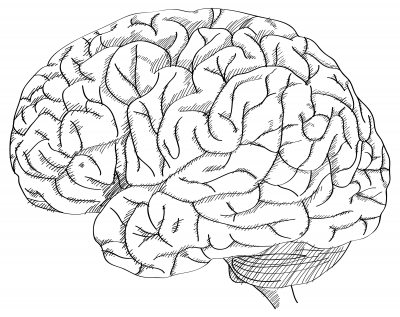Scientists from the Mayo Clinic in Jacksonville, FL have found a defect in a brain signaling pathway that may contribute to the development of Alzheimer’s disease. This could lead to new prevention and treatment strategies.
Past studies suggest Alzheimer’s results from too much of a protein called beta-amyloid in the brain. The Mayo Clinic team has found in this study that low levels of a protein that regulates beta-amyloid production and nerve cell communication interferes with the Wnt pathway- important for embryonic development, cell survival and activity important for memory and learning.
In mouse models of Alzheimer’s, researchers found that the mice had low levels of low-density lipoprotein receptor-related protein 6 (LPR6). This resulted in excess beta-amyloid protein and suppressed Wnt signaling, impairing communication between nerve cells.
Past studies have already linked overactive Wnt signaling to the development of cancer but this is the first study to show that underactive Wnt signaling could be associated with Alzheimer’s. These findings make sense because it has long been known that patients with cancer have less risk of developing Alzheimer’s and vice versa.
Dr. Bu of the Mayo Clinic says, “Identifying small molecule compounds to restore LRP6 and the Wnt pathway, without inducing side effects, may help prevent or treat Alzheimer’s disease. This is a really exciting new strategy – a new and fresh approach.”
Resource: http://www.medicalnewstoday.com/articles/282846.php




